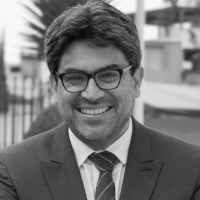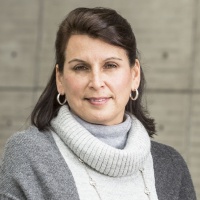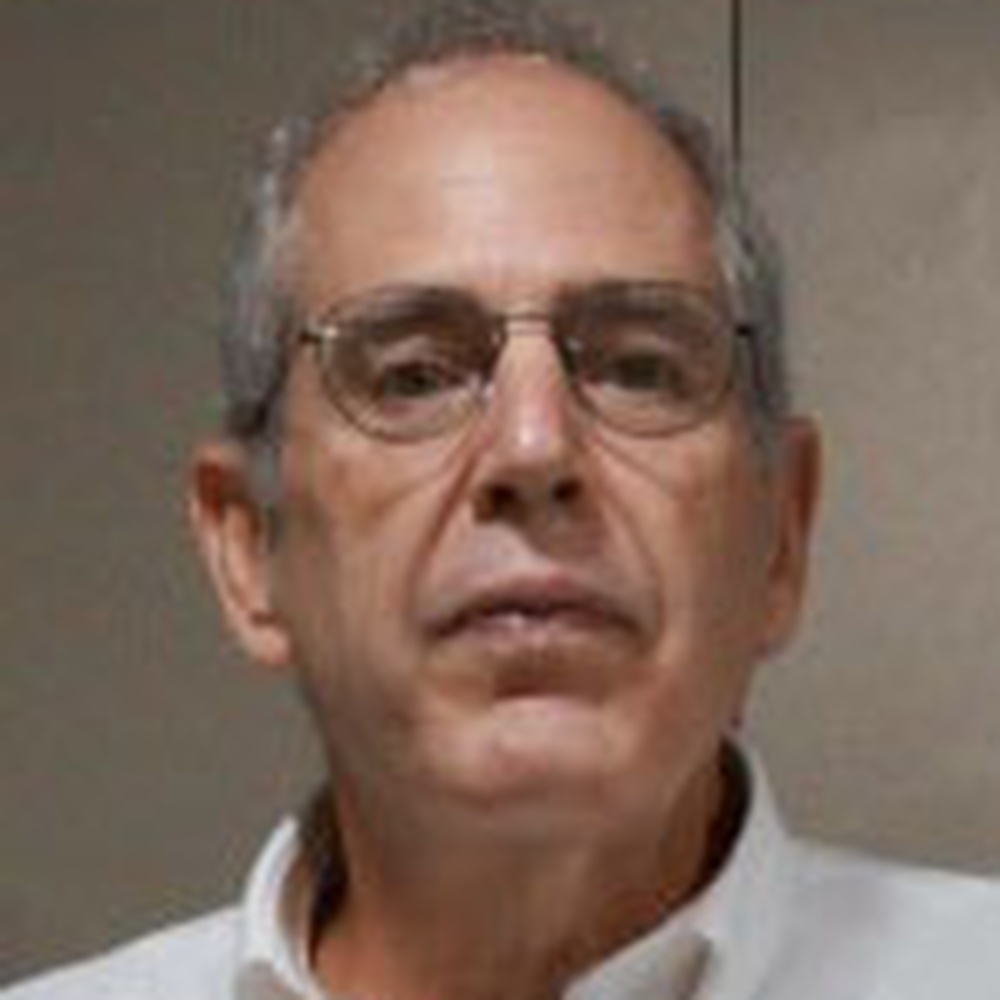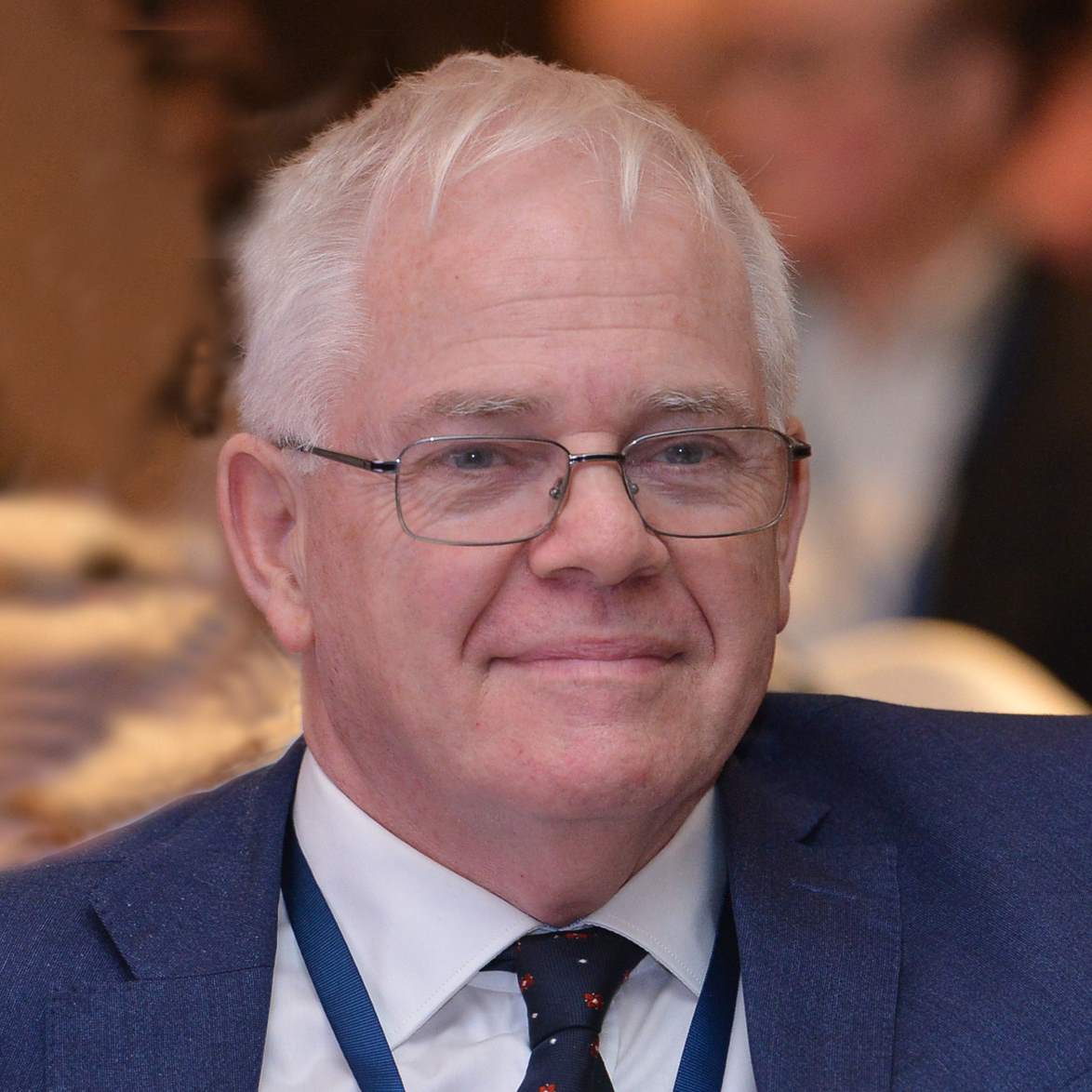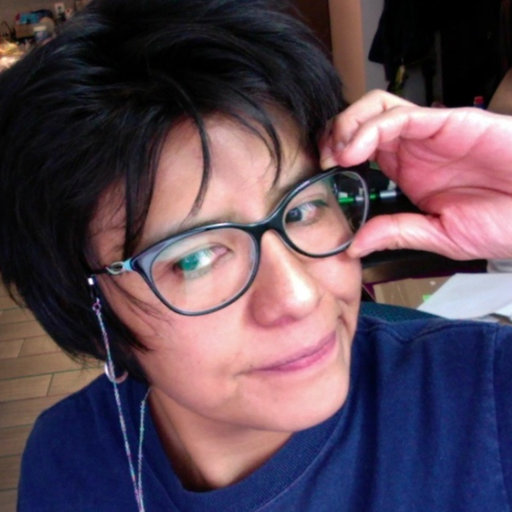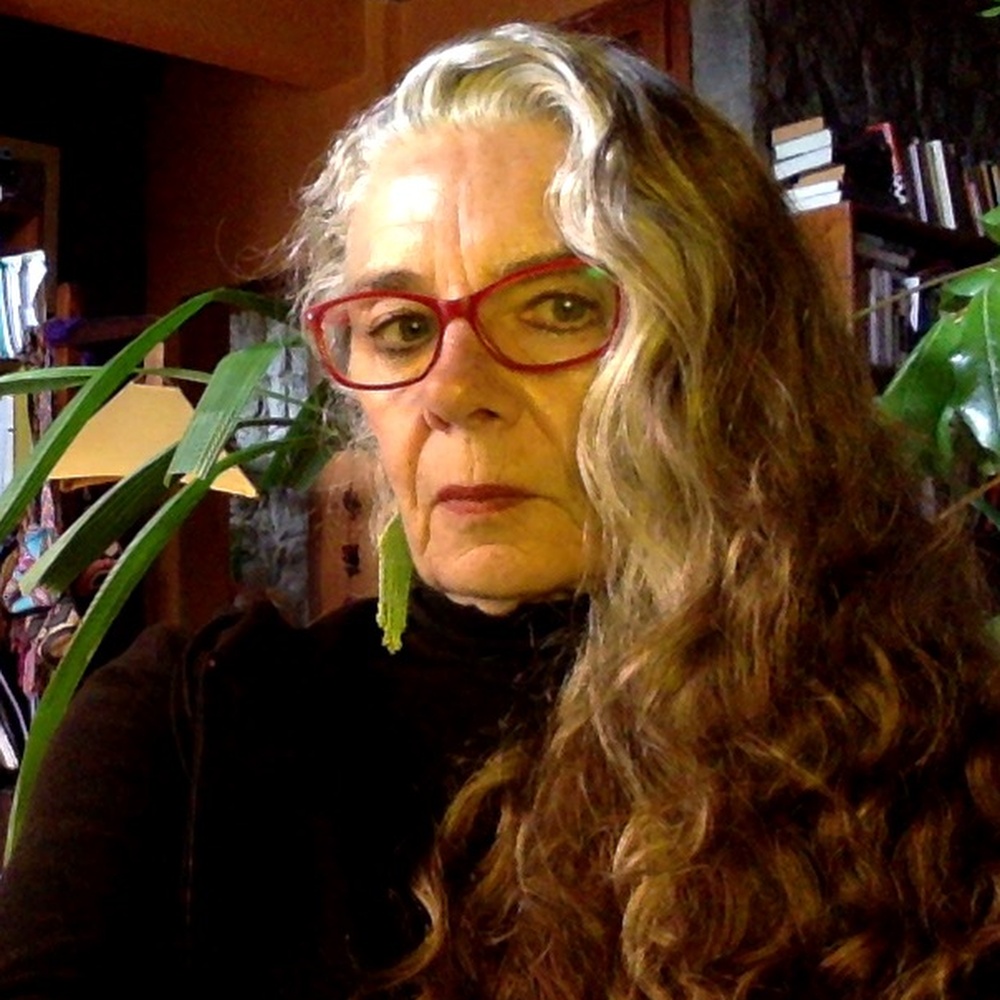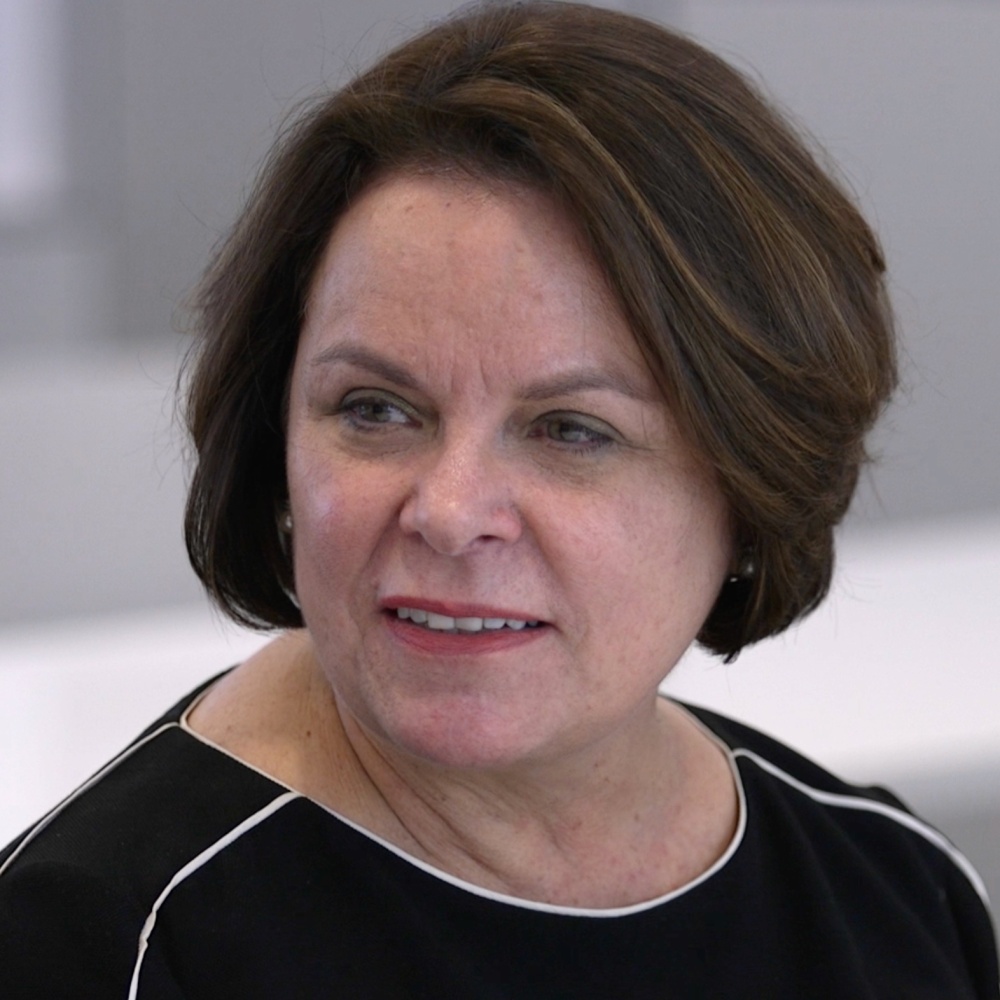Higher education and knowledge in Latin America past, present and future: a CGHE webinar series
- Carolina Guzmán Valenzuela, Universidad de Tarapacá, Chile
- Martin Benavides, Pontificia Universidad Católica del Perú (PUCP), Peru
- Monica Bonifaz, Pontificia Universidad Católica del Perú, Peru
- Imanol Ordorika, Universidad Nacional Autónoma de México (UNAM), Mexico
- Simon Marginson, University of Oxford, UK
- Kyria Finardi, Universidade Federal do Espírito Santo, Brazil
- Alma Maldonado, Departamento de Investigaciones Educativas (DIE)-CINVESTAV, Mexico
- Catherine Walsh, Universidad Andina Simón Bolívar, Ecuador
- Regina Cortina, Columbia University, US
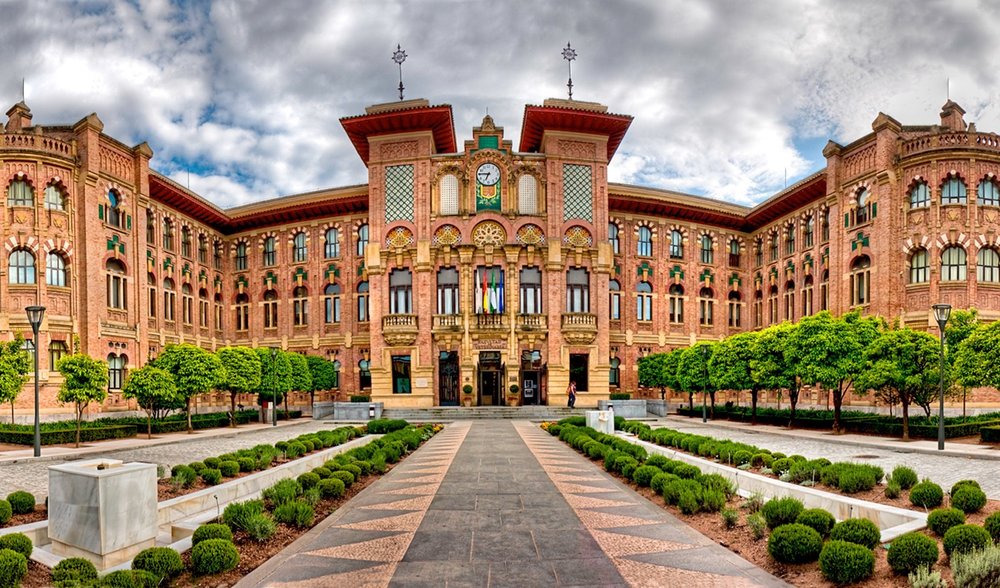
The University of Cordoba in Argentina where the Cordoba Declaration (university autonomy) was signed in 1918.

The Universidad Santo Tomás de Aquino (or University of Saint Thomas Aquinas) in present-day Santo Domingo, Dominican Republic was the first university in the New World. Founded as a seminary for Roman Catholic monks of the Dominican Order in 1518, it was made a university by a papal bill on October 28, 1538.
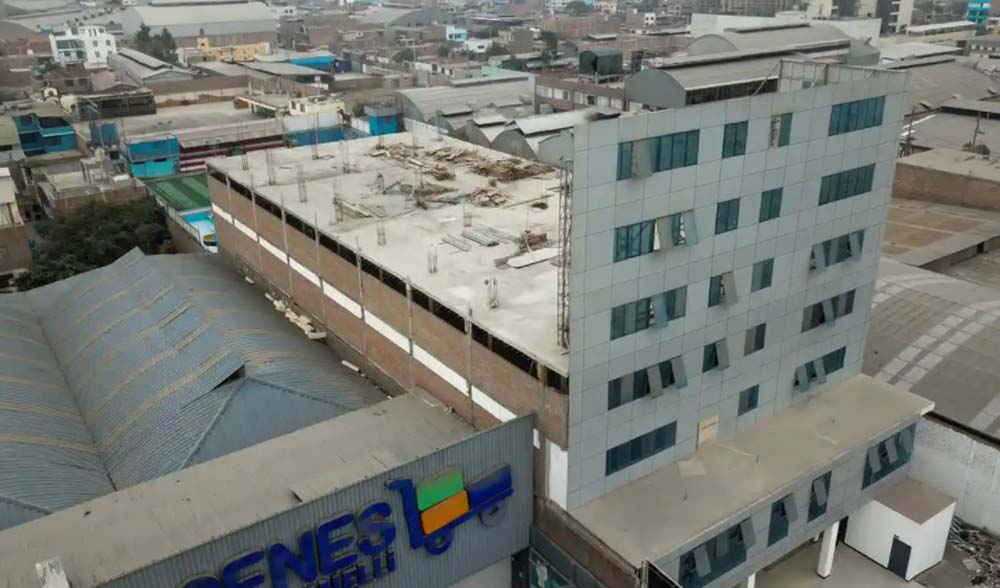
Telesup university in Lima, Peru, erected a glass facade to simulate a 7-story building. The university failed to gain accreditation because it fell short of basic academic requirements (photograph from Andina, The Guardian 8 June 2019).
Latin American countries and their universities share a common historical legacy although each national systems in the region exhibits its own particularities and richness. The first universities in Latin America were established half a century after Columbus landed in the Americas in 1492. Since then, thousands of universities have opened, evolved or disappeared in response to national developments and needs, and global trends.
A key feature that characterises Latin American universities is their autonomy. During colonial times, universities progressively gained autonomy from the Catholic church. After independence the universities were intent on supporting nation building and focused on professional training but during the first three decades of the nineteenth century, the Cordoba movement in Argentina had a significant role in reasserting university autonomy across the region. It promoted both university self-governance and wider participation. Students pursued the modernisation of universities within larger agendas of democracy, academic freedom and social responsibility.
Between the 1970s and the 1990s Latin American Universities and academics were repressed and punished by military dictatorships. They also experienced massification and recurring financial crises, trends that continued after the 1990s, and a growing emphasis on evaluation and accreditation.
Latin American universities, like many universities around the world, are now shaped by internationalisation, privatisation and marketisation trends. They still need to defend and advance their autonomy. They also need to improve their research and knowledge production while helping to advance social changes and a more equal society. Many Latin American universities have been working on agendas of widening participation and inclusivity. They have also been wrestling with their colonial past, which has continuing implications for the review and transformation of their local, national and global roles. The role of intercultural universities in decolonising the curriculum has been an important development.
In this CGHE webinar series the speakers and participant audiences will examine key challenges for Latin American higher education. While reviewing the past and investigating the present, the webinars highlight crucial aspects of higher education in the region that provide insights into the future. The first webinar on 30 June discusses political and economic aspects of higher education reforms in Latin America. The second webinar on 5 July considers the impact of university rankings and the concept of ‘world class universities’ on the institutions and in academic careers, and the implications for regional university autonomy and development. The third webinar on 7 July dissects internationalisation and student mobility in and beyond the region. The final webinar in the series on 12 July tackles the big underlying issue of the past, present and future, the decolonisation of universities and knowledge in Latin America and the role of intercultural education as a strategy of decolonisation.
The series is organised by Martin Benavides Abanto from Peru, Carolina Guzmán-Valenzuela of Chile and CGHE’s Simon Marginson, with the help of CGHE Director of Communications Trevor Treharne and colleagues throughout the region.
You need to register individually for each webinar below.
Webinar 1: Political economy of higher education reforms in Latin America
Thursday 30 June, 14:00-15:00 (UK)
Chair: Carolina Guzmán-Valenzuela
Speakers: Martin Benavides Abanto (Peru), Marcela Mollis (Argentina)
Register here
Webinar 2: The World Class University, regional responses and academic careers in Latin America
Tuesday 5 July, 14:00-15:00 (UK)
Chair: Martin Benavides Abanto
Speakers: Monica Bonifaz (Peru), Imanol Ordorika (Mexico)
Register here
Webinar 3: Internationalisation and student mobility in Latin American higher education
Thursday 7 July, 14:00-15:00 (UK)
Chair: Simon Marginson
Speakers: Kyria Finardi (Brazil), Carolina Guzmán (Chile)
Register here
Webinar 4: Epistemic injustice, decolonisation and the potentials of intercultural education
Tuesday 12 July, 14:00-15:00 (UK)
Chair: Alma Maldonado-Maldonado (Mexico)
Speaker: Catherine Walsh (Ecuador)
Discussant: Regina Cortina (Columbia University, US)
Register here


